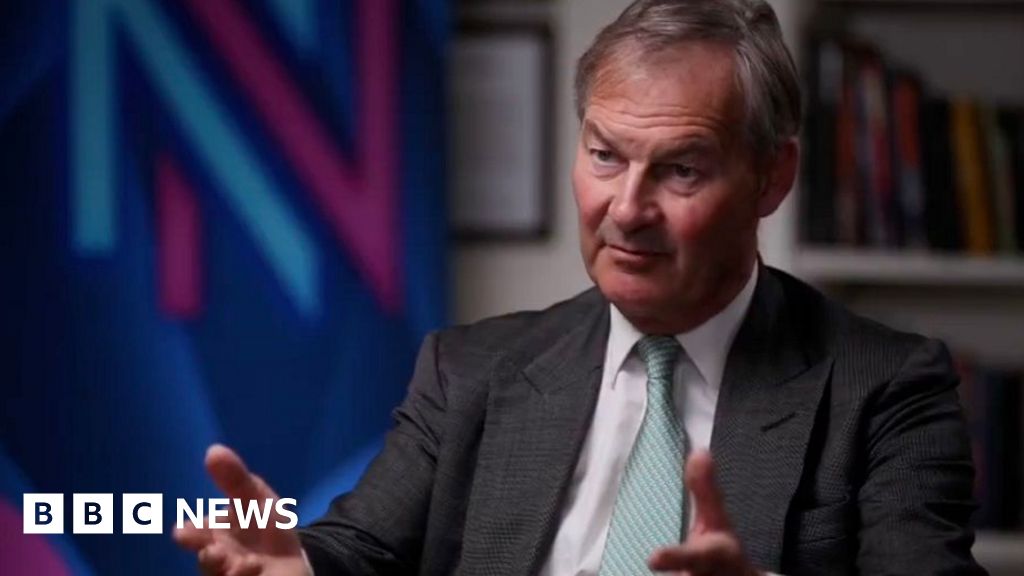ARTICLE AD BOX
By Lewis Goodall
Policy editor, BBC Newsnight
Flat owners will not have to pay to remove dangerous cladding from lower-height buildings under new government plans, BBC Newsnight understands.
It means leaseholders in buildings of between 11 and 18.5m will no longer be expected to take out personal loans to cover the cost of the work.
Instead, the government will try to secure up to £4bn from developers towards the costs.
It had already promised to pay to remove cladding in taller buildings.
If ministers are unable to secure the funding from developers it may come out of the housing department's budget.
In the wake of the Grenfell fire, which killed 72 people in 2017, flammable cladding and other fire safety defects were discovered in hundreds of blocks of flats across the UK.
Removing cladding can cost millions of pounds per block, with the cost often being borne by individual flat owners, under the leasehold system in England and Wales.
Hundreds of thousands of people are still living in dangerous blocks more than four years on from Grenfell - while many flat owners have been left with spiralling insurance costs, service charges, and requirements for expensive 24-hour "waking watch" patrols in case of fire.
In a new package of measures to be announced next week, Michael Gove, Secretary of State for Levelling Up, Housing and Communities, will tell the Commons that if developers choose not to pay for cladding removals voluntarily the government will threaten them with legal compulsion.
The BBC understands Mr Gove will warn them next week that he is putting them "on notice".
Previously, the government had committed up to £5bn for the removal of dangerous cladding for buildings taller than 18.5m.
Cladding campaigners have long asked that the government accept both the principle that buildings under 18.5m ought to be covered and that leaseholders should not have to pay.
Newsnight has seen documents from the Chief Secretary to the Treasury Simon Clarke to Mr Gove where he says:
- That no new Treasury funding will be available to pay for this extra work
- That the cost of the extra cladding removal must not exceed £4bn
- That this new provision will cover cladding only, rather than other fire safety defects
- That if Mr Gove is unsuccessful in persuading or compelling developers to pay for the costs that it must be paid for from existing housing budgets and that "safety should be prioritised over supply"
Experts question whether £4bn will be sufficient to cover cladding in buildings under 18.5m.
And cladding is not the only or even main problem in thousands of buildings across the country.
"I didn't choose any cladding and now I'm going to be skint forever"
It is unclear how those leaseholders will pay their bills, and how quickly any money that does come from developers will appear.
Developers have largely insisted that their developments were built to regulations and that they are therefore not liable.
Without immediate compulsion this process threatens to continue to be drawn out with leaseholders stuck in properties they cannot sell.
Hundreds of thousands of leaseholders have already received bills for fire remediation works or will in the coming months.
It is also not clear whether these measures will be enough to restore market and lender confidence in new-build properties.
Many leaseholders have found their properties effectively worthless and unmortgageable.
He said the government had a responsibility to help leaseholders - who were "innocent parties" - with the huge costs.
The Department for Levelling Up, Housing and Communities declined to comment.

 3 years ago
37
3 years ago
37








 English (US) ·
English (US) ·